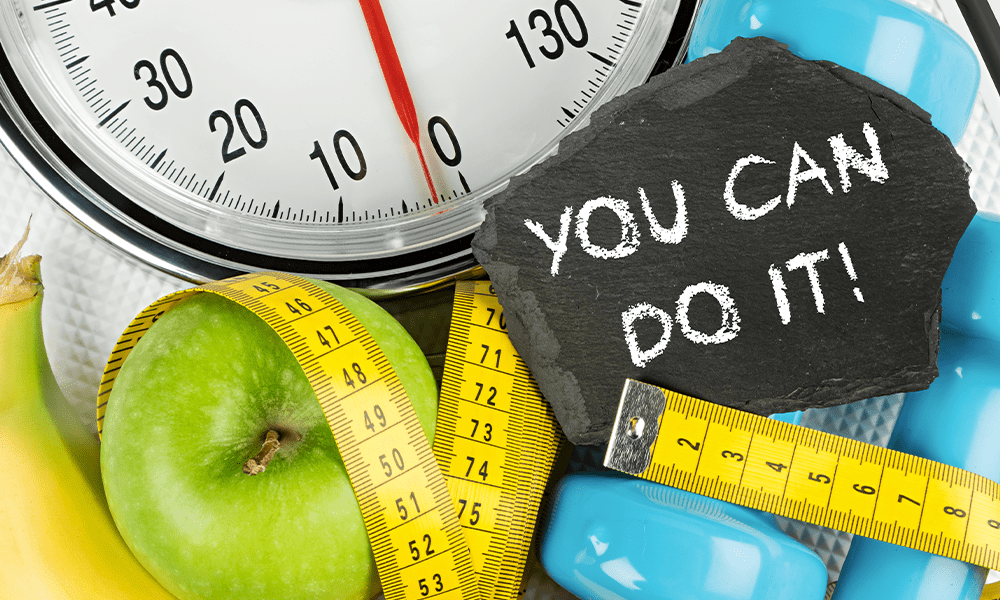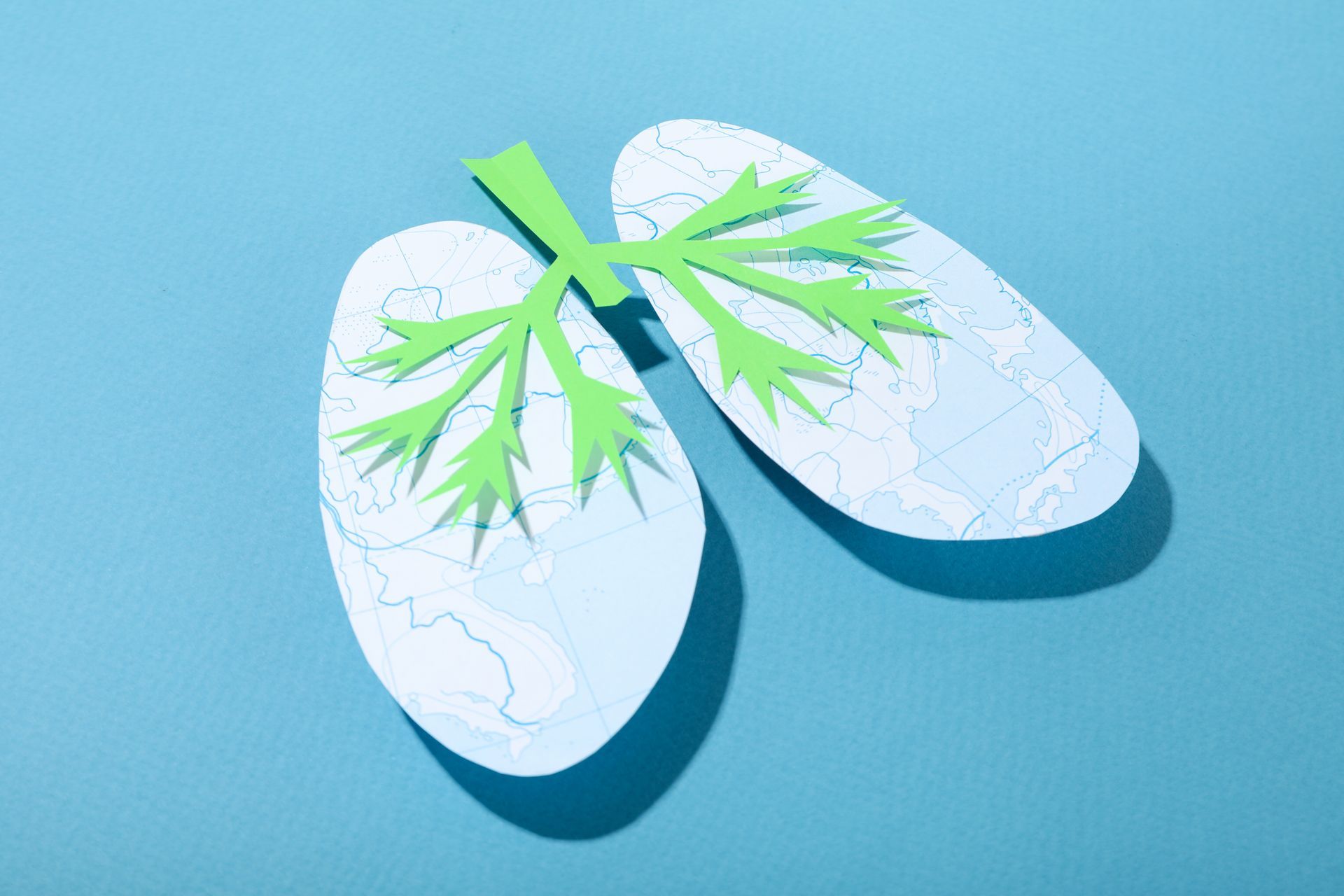How To Lose Weight And Maintain It
How To Lose Weight And Maintain It

HOW TO LOSE WEIGHT AND MAINTAIN IT
“Your health is at the end of the fork”
Maintaining ideal body weight is essential for physical and psychological wellbeing. Staying below BMI (Body Mass Index) of less than 30 is achievable and sustainable with small changes that we can make in our food choices. Let me dispel certain myths of weight gain and weight loss before continuing. Many of my patients blame “low thyroid” for their weight gain or difficulty with losing weight but this is far from the truth. Severe hypothyroidism (extremely low thyroid hormone levels) can lead to weight gain but usually does not account for more than 10 lbs of excess weight. The disease state is usually obvious by that time.
The other excuse I hear for weight gain is, “I am not exercising enough”. Exercise is excellent for physical, mental, cardiovascular, and pulmonary wellness but very limited as a tool for weight loss. You cannot exercise the weight away! It is a lot easier to consume calories than to exercise it away. For example, a 200 lb man can run 2 miles in 22 mins and burn 300-400 calories but can consume a 700 calorie large fries (the soda drink is not included) in 10 mins.
The key to weight loss and its maintenance is consuming fewer calories. The type of calories consumed, and the time of consumption are also important.
As a rule:
- Do not skip meals so that you don’t get too hungry between meals and snack unnecessarily.
- Do not eat or snack late at night because you don’t need those calories to sleep but they will get converted to fat.
These are the food types that will help in your journey to weight loss and maintenance of a healthy weight.
Cut back on carbohydrate (carbs) foods such as bread, pasta, rice, pastries, sugar. Even though our body depends on carbohydrates for energy, excess carbs are converted to fat but when you eat fewer carbs, the body burns stored fat for energy.
Eat more protein and vegetables. Proteins improve satiety and reduce cravings for food. Sources of protein include meats, fish and seafood, eggs, beans, soy, and other legumes. Low carb vegetables such as broccoli, cauliflower, kale, cabbage, and lettuce are also good for a healthy, weight-loss diet plan. Healthy fats (polyunsaturated fats) such as olive oil, avocado oil, and butter are also good.
Moderate exercise such as walking, jogging, and lifting weight round off a good weight loss plan.
These activities are small but sustainable lifestyle changes that can lead to weight loss and maintenance of a healthy weight.


